Health Benefits
From miners to MDs, people on the frontline of industry and health can be exposed to a variety of airborne contaminants that can have adverse health effects and in extremes cases, can be fatal.
Ensuring adequate protection against airborne hazards can be life saving as well as improve the mental health of frontline workers who are more confident going about their daily duties with the highest level of protection.
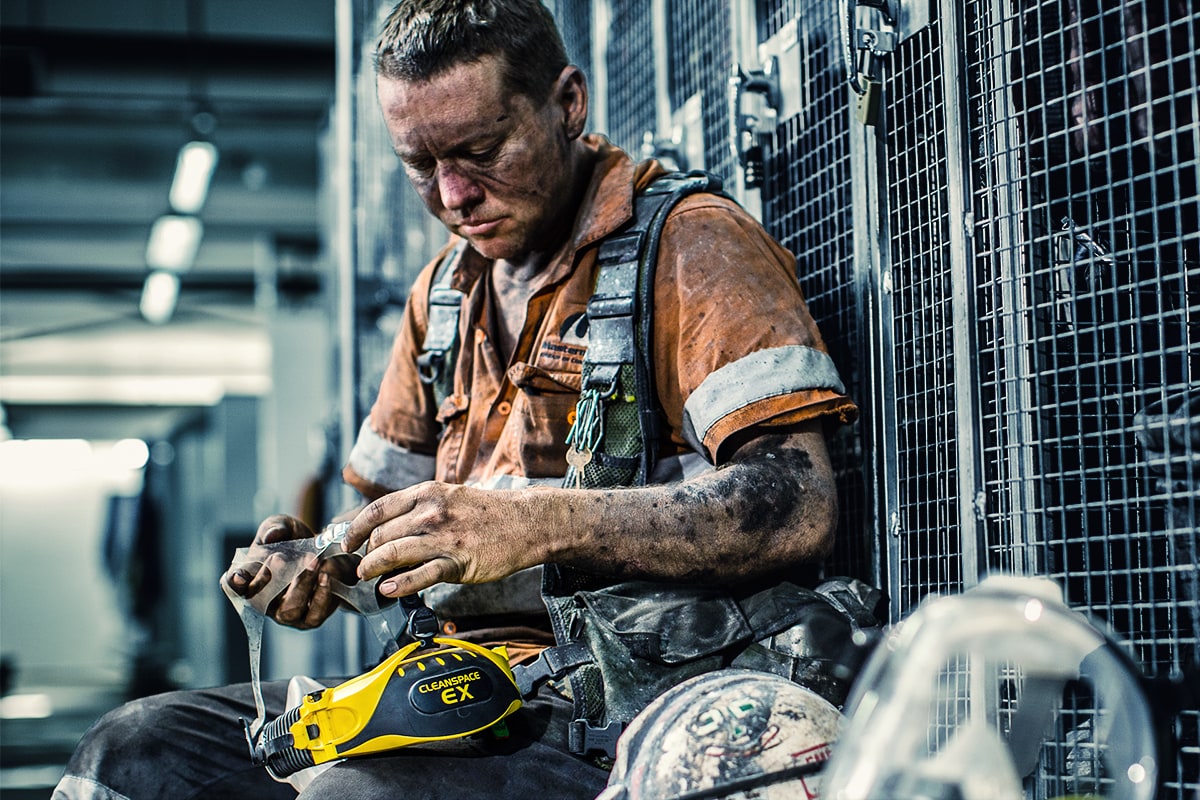
Mining
Silicosis is acknowledged as one of the primary diseases to affect miners since the industrialisation of drilling operations in the 20th century. Respirable crystalline silica also causes lung cancer, chronic obstructive pulmonary disease (COPD), and kidney disease.

Healthcare and First Responders
Healthcare workers are exposed to airborne pathogens such as COVID-19 and SARS, which can be life threatening, as well as asthma causing cleaning agents.
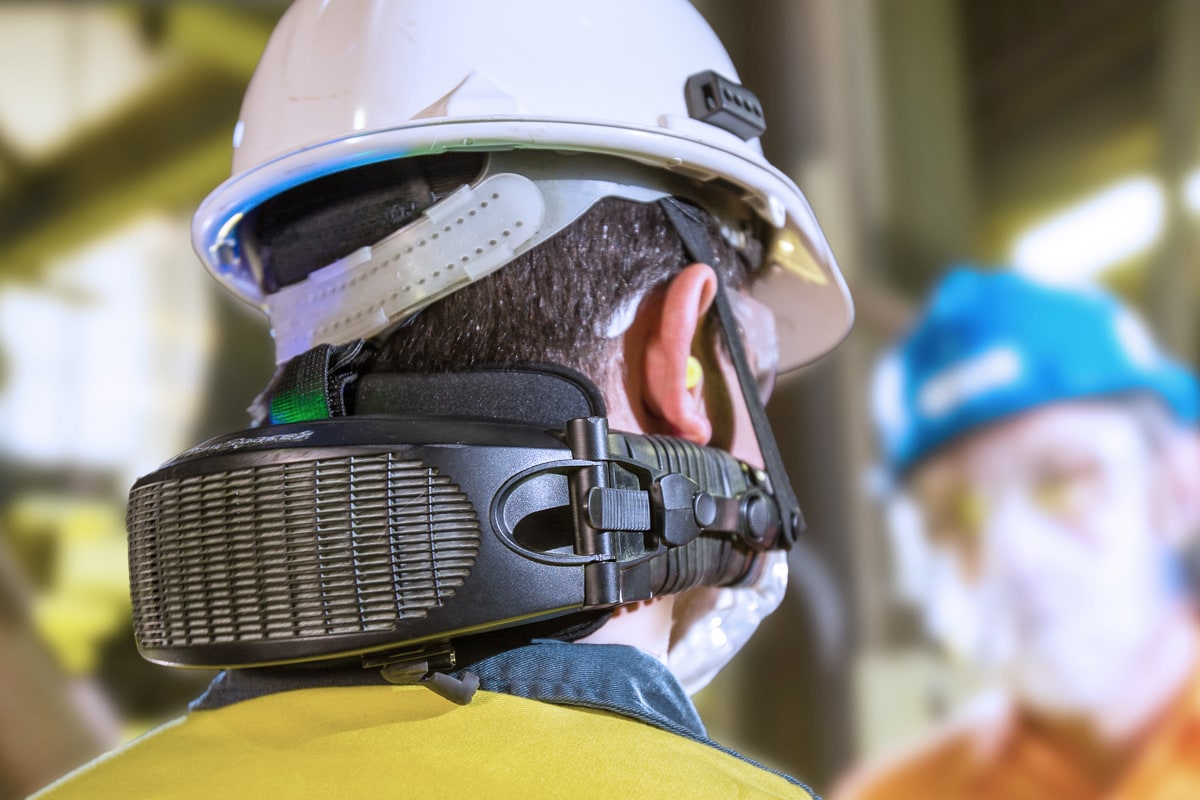
Construction
There are common construction activities where people are frequently exposed to respirable crystalline silica, the most notable are stonemasonry, grinding, and abrasive blasting. Respirable crystalline silica also causes lung cancer, chronic obstructive pulmonary disease (COPD), and kidney disease.
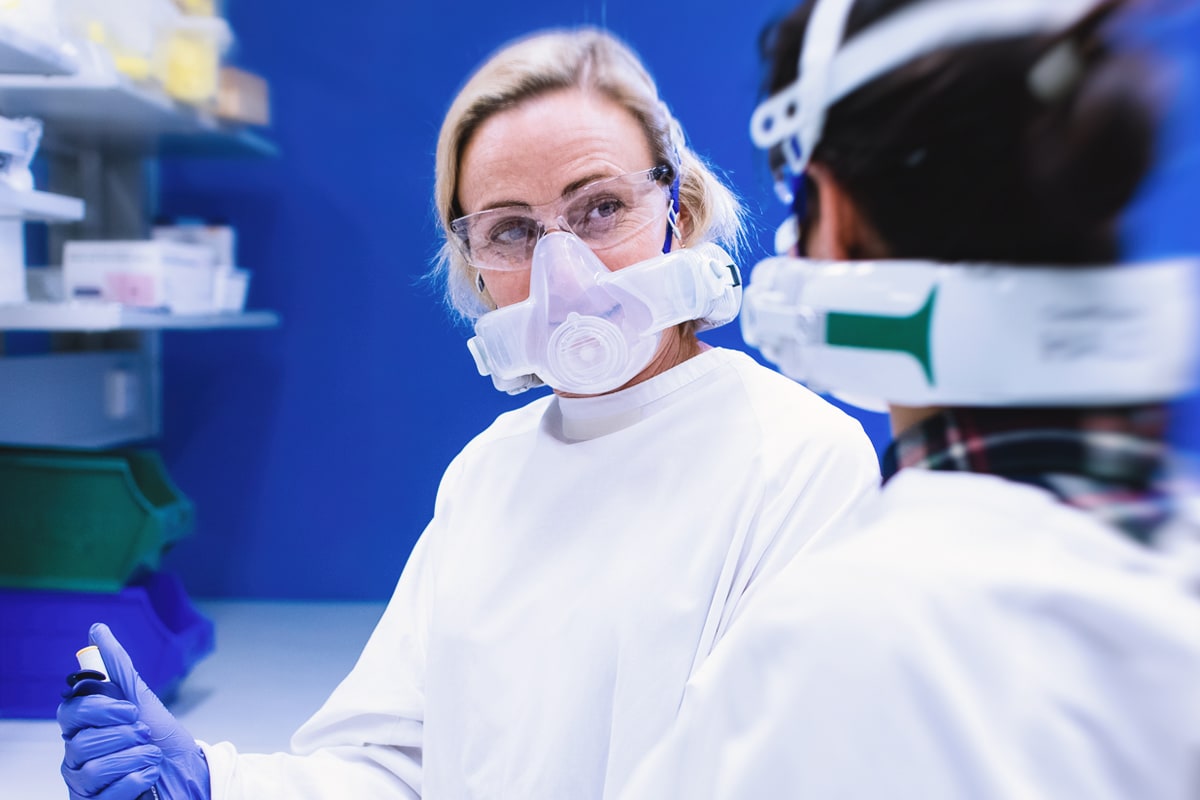
Laboratory
Data from cross-sectional studies indicate that up to 46% of workers exposed to airborne urinary allergens develop laboratory animal allergies.
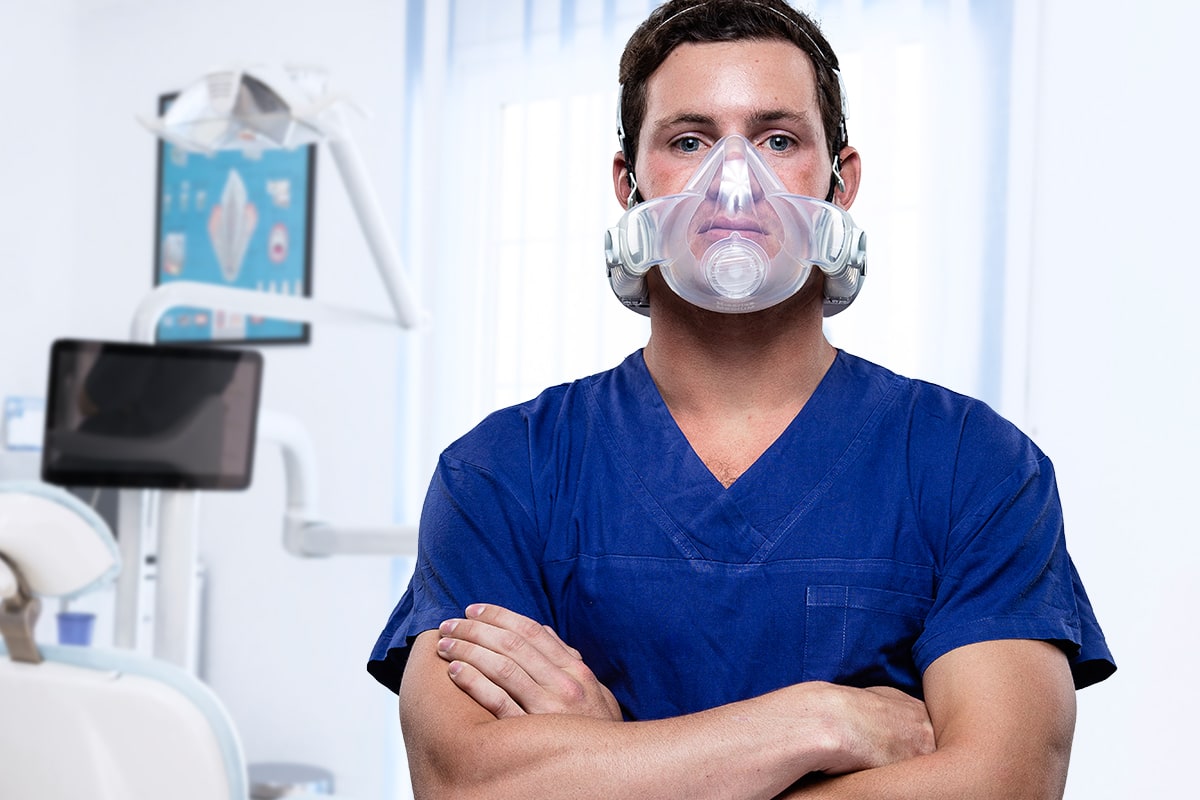
Dental
Close patient head contact during aerosolising procedures, puts dental professionals at high risk of exposure to respiratory pathogens.
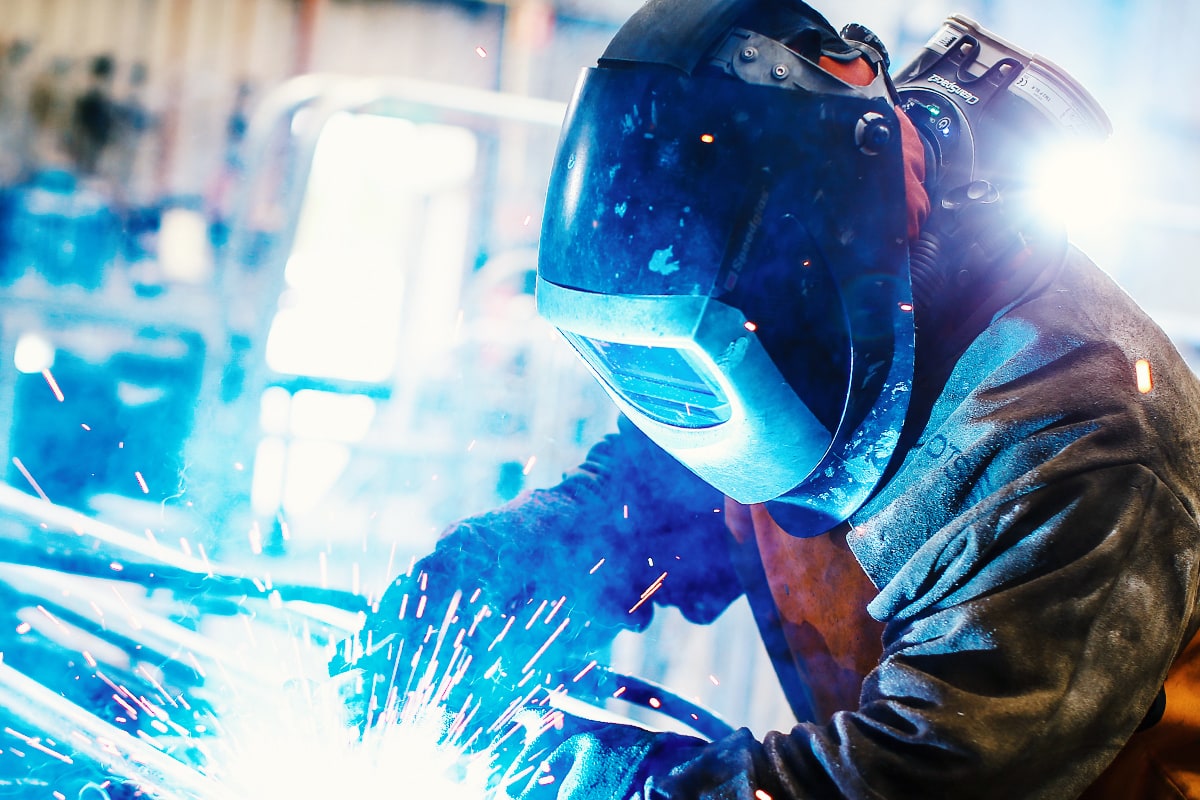
Welding
The IARC (WHO) reclassified total weld fume to a known carcinogen (Group 1). Businesses with welding operations and welding contractors should assess their controls and respiratory programs.
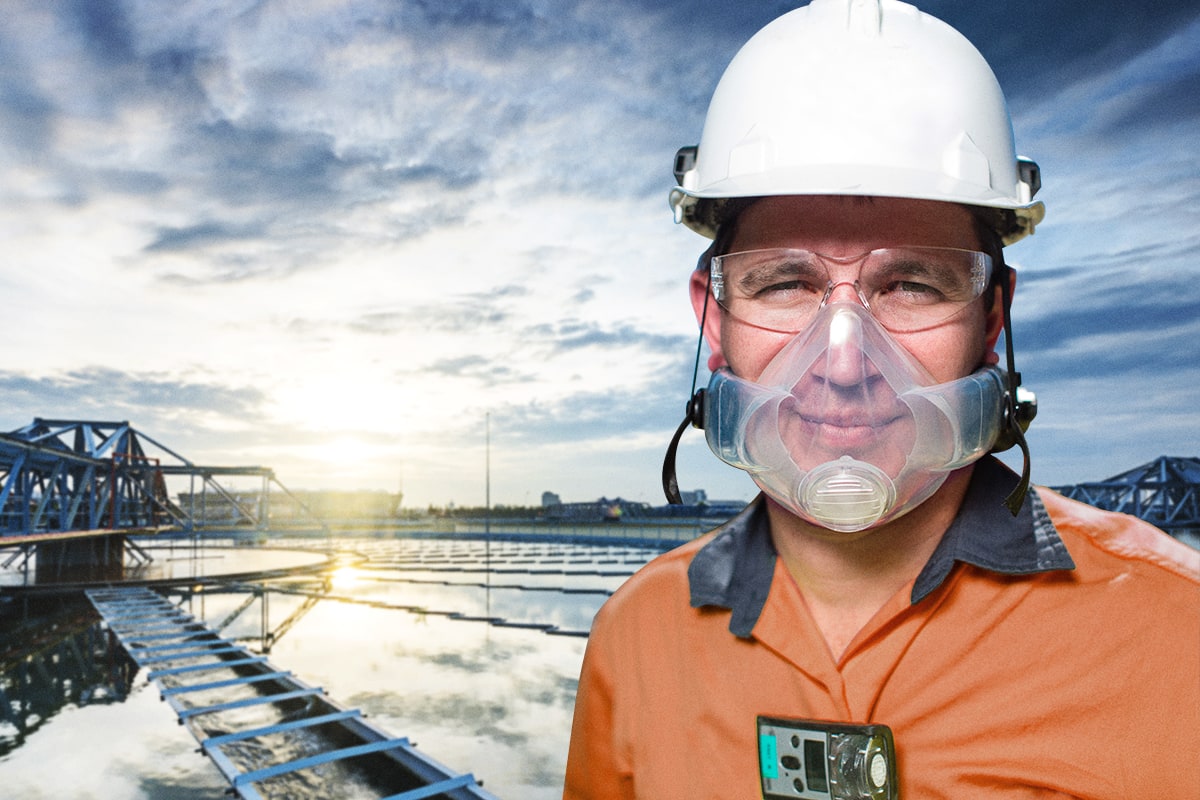
Wastewater
The hazards associated with working in sewage treatment plants are well known, with sewage treatment workers exposed to airborne biological and chemical agents.
